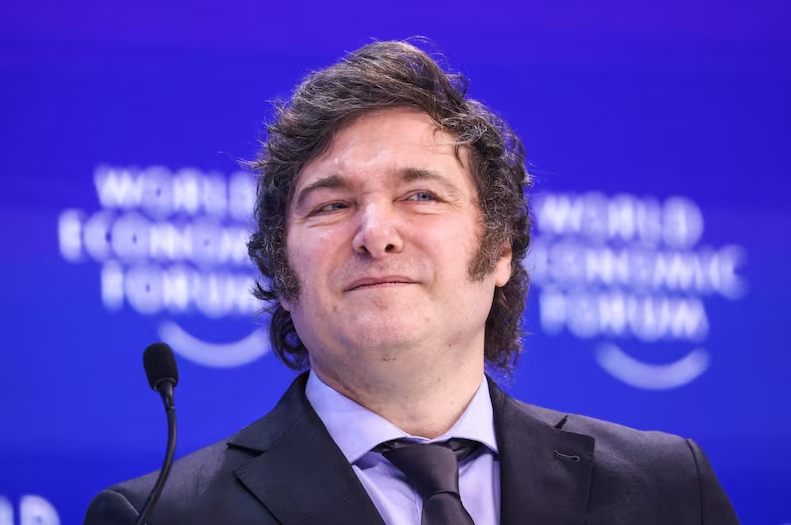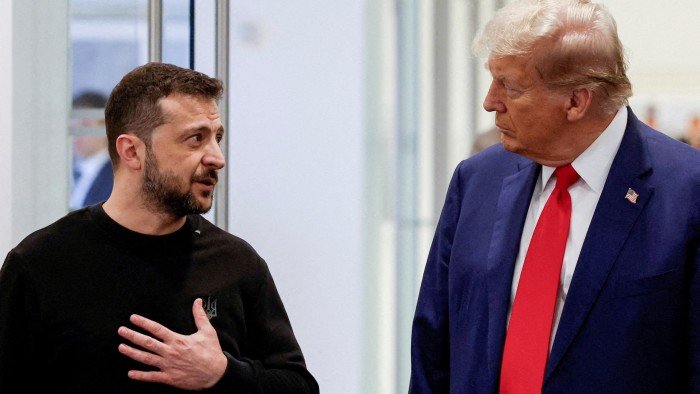In a surprising diplomatic shift, the United States and Russia have agreed to work toward ending the war in Ukraine while exploring opportunities for improved diplomatic and economic relations. This marks a significant turn in U.S. foreign policy under President Donald Trump, reflecting a major change in approach compared to previous administrations.
A New Dialogue Between Two Global Powers
The breakthrough came during high-level talks in Riyadh, Saudi Arabia, where U.S. Secretary of State Marco Rubio and Russian Foreign Minister Sergey Lavrov met alongside other top officials from both nations. According to Rubio, the discussions centered on three key objectives:
- Restoring diplomatic presence by increasing embassy staffing in Washington and Moscow.
- Establishing a dedicated task force to facilitate Ukraine peace negotiations.
- Exploring avenues for greater U.S.-Russia economic cooperation.
While the talks marked a crucial first step, Rubio emphasized that much work remains to be done before a concrete agreement can be reached.
Lavrov echoed similar sentiments, stating, “We not only listened, but we also heard each other.” The Russian diplomat characterized the meeting as “very useful” in shaping future discussions.
Ukraine’s Absence Sparks Controversy
One of the most controversial aspects of the talks was the absence of Ukrainian officials. President Volodymyr Zelenskyy voiced strong disapproval, declaring that Kyiv would not accept any outcome from negotiations in which it did not participate. In response, Zelenskyy postponed his planned visit to Saudi Arabia, originally scheduled for the following day.
European allies have also expressed concern over being sidelined. French President Emmanuel Macron called an emergency European Union meeting, emphasizing that “any lasting peace must include strong security guarantees for Ukraine.”
However, Trump appeared dismissive of Ukraine’s objections, stating, “You should have never started [the war]. You could have made a deal.” His remarks suggest a shift toward a more pragmatic approach aimed at swiftly resolving the conflict rather than continuing prolonged military support.
The U.S. Seeks Improved Relations With Russia
For years, U.S.-Russia relations have been at their lowest point since the Cold War, largely due to Moscow’s 2014 annexation of Crimea and its full-scale invasion of Ukraine in 2022. The U.S. and its European allies imposed a series of harsh sanctions on Russia in response, further deteriorating diplomatic ties.
However, Secretary Rubio suggested that ending the war in Ukraine could “unlock the door to incredible opportunities” for U.S.-Russia cooperation. This statement marks a dramatic departure from the aggressive stance taken by previous administrations.
The meeting in Riyadh is expected to lay the groundwork for a potential summit between President Trump and Russian President Vladimir Putin. While no official date has been set, Russian officials hinted that the meeting could take place in the coming weeks.
Saudi Arabia’s Role as a Mediator
The talks also highlighted Saudi Arabia’s growing influence on the global diplomatic stage. Crown Prince Mohammed bin Salman has played an active role in facilitating discussions, positioning his country as a key mediator in international conflicts. Saudi Arabia has previously assisted with prisoner exchanges and hosted Zelenskyy at an Arab League summit in 2023.
Despite its diplomatic efforts, Saudi Arabia’s close ties with Russia through the OPEC+ oil cartel have raised questions about its neutrality in the peace process.
What Lies Ahead?
While the diplomatic talks in Riyadh represent a significant step toward ending the war, Ukraine’s exclusion from the discussions has created tension. The U.S. has reassured allies that Ukraine and European nations will be included in future negotiations, but the road to peace remains uncertain.
Meanwhile, the war continues on the ground. Ukraine reported a new wave of Russian drone strikes overnight, underscoring the urgent need for a resolution. As global leaders navigate this complex geopolitical landscape, the question remains: Will this diplomatic shift lead to lasting peace, or is it just another fleeting moment in the ongoing crisis?
Only time will tell if the U.S.-Russia agreement will translate into concrete actions, but one thing is clear—this marks a significant change in how global powers are approaching the Ukraine conflict.



